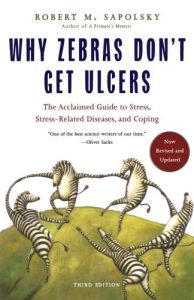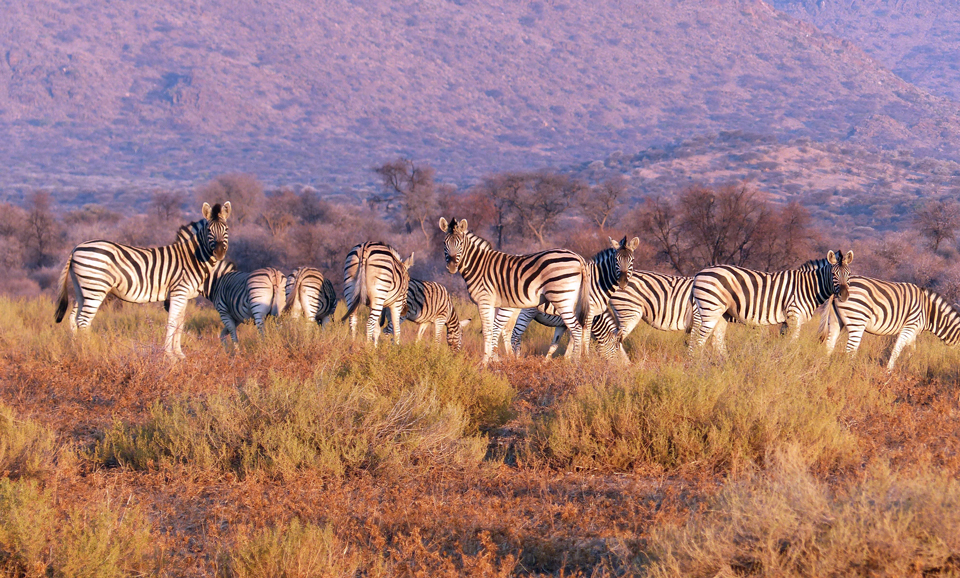A book was published several years ago called, “ Why Zebras Don’t Get Ulcers” by Robert M. Sapolsky. The title was catchy, and the logic it shared as a guide to stress was sound.

The book then compares the zebra’s behavior to how people respond to similar circumstances. Not that too many of us are going to have to run from lions, but we do have crisis issues to deal with as a part of life.
Let’s use the example of almost being involved in a major automobile crash. An eighteen-wheeler suddenly swerves into your lane and misses your car by mere inches! You slam on your brakes and the car behind you lays down on the horn because they nearly rear-ended you. You regain control and move over into the right lane to catch your breath as both the eighteen-wheeler and the car that had been behind you go on their merry way.
Your heart is pounding, and your legs feel shaky as you think about what almost happened. You might have been killed! Can you imagine your family getting that phone call?? Or what if you weren’t killed, but you were hospitalized – maybe for months- what would happen with your job? How would you pay your bills? What if you would have never been able to work again?
Or what if you had been okay, but someone else had been badly injured in the crash? That would be awful!
But none of those things happened.
Many times we keep the crisis going by thinking about the “what ifs” long after the danger has passed. By our thinking, we keep ourselves in crisis mode, with the adrenaline pumping long after everything is back to being okay. The lion is no longer around.
This is an extreme example, but many of us do this with our everyday stressors. We hold on to them and torment ourselves when nothing is happening in the moment. That is the difference between people and zebras. Zebras live in the moment, dealing with danger only when, and if it shows up. People anticipate, worry and replay things that are over and finished, or think their way into predicting disasters that most often never happen.
Let’s learn how to be more like zebras. Know that if a crisis arises, you will handle it to the best of your ability – that is all any of us can do. Learn how to let the “what ifs” go, and stop predicting an awful future.
Find your peace; it’s in this moment.
If you or a loved one are struggling with addiction call us at 833.551.2356 for more information about how
Gulf Breeze Recovery could help you or your loved ones today.
Check out our latest posts:







